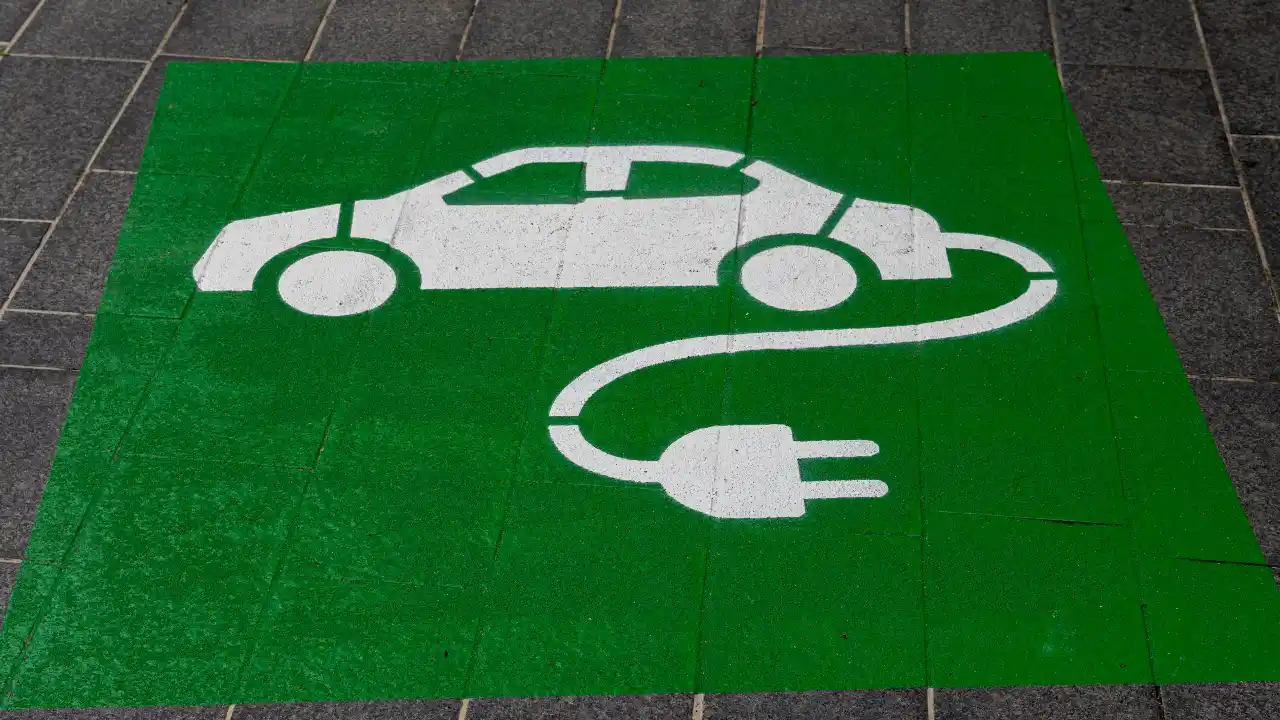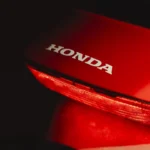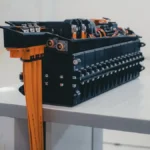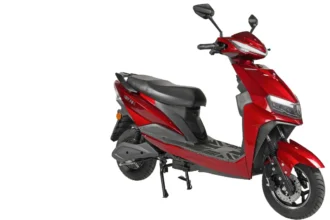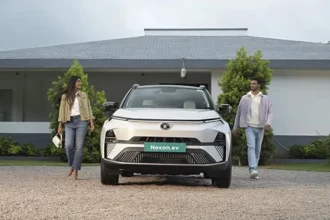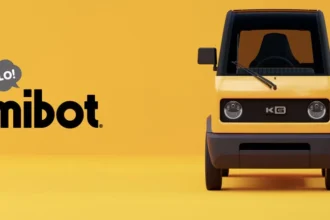TVS Launches King EV Max Electric Three-Wheeler in Tamil Nadu
TVS Motor Company has introduced its new electric three-wheeler, the King EV Max, in Tamil Nadu. This vehicle was launched to help cities get greener transport. People in crowded cities need cleaner ways to travel. The TVS King EV Max can go up to 179 km on a single charge and is powered by a 51.2V lithium-ion battery.

The vehicle has features like fast charging—charging up to 80% in two hours and 15 minutes. It also offers SmartXonnect, which helps drivers with alerts and vehicle health information on their phones. The top speed is 60 km/h and it costs Rs 2.95 lakh.
According to reports, the TVS King EV Max is also available in several other states, such as Delhi and Bihar. TVS has a broad network for sales and support. TVS held just 2% market share in electric three-wheelers as of April 2025, showing room to grow nationwide.
TVS hopes their new launch will make electric vehicles more popular. Greener mobility can help cities fight pollution, save fuel, and support jobs for many drivers.
More electric three-wheelers like the King EV Max can make city travel cleaner and easier. TVS offers a six-year warranty and 24×7 roadside help for buyers, building trust in this green technology.
For the complete story and full context, please refer to the original article from economictimes.indiatimes.com.
Honda Cuts EV Investment and Focuses More on Hybrid Cars Worldwide
Honda and its CEO Toshihiro Mibe have shared a big change in their plans. The company will now spend less money on electric vehicles (EVs) because not as many people want them. Honda lowered its EV sales goal for 2030, while other carmakers like Nissan have made similar moves.
The company is cutting its time and money on EVs by 30%. Honda will now bring out 13 new hybrid cars around the world starting in 2027. It will also stop building a big EV factory in Canada for now.
In 2024, more than a quarter of Honda’s cars in the U.S. had some electric power. Both hybrid and EV sales grew, with most CR-V buyers choosing hybrids.
Honda still hopes to sell only battery or hydrogen cars by 2040. The new plan shows Honda adapting to what buyers and governments want most.
For the complete story and full context, please refer to the original article from reuters.com.
China’s Slow Rare Earth Exports Disrupt Factories in Many Countries
China controls most of the world’s rare earth minerals, which are needed for electric cars and military gear. Since early April, China has been slow to approve licenses for companies wanting to send these minerals out of its borders. This has made big companies like Tesla, Volkswagen, and Lockheed Martin very worried about making new products on time.
China started these slowdowns after the US announced new taxes on Chinese goods. The licensing process is especially strict for seven rare earth types used in important technology. India and European companies now face higher prices and possible shortages due to these new rules.
Despite worries, factories in Europe used stocks built up in 2023 and early 2024. Imports to Europe fell by 29%, and rare earth magnet sales in India reached $637.4 million.
Long delays from China mean global manufacturers may see future risks. Experts say countries that rely on China should be ready for more changes and possible supply shocks soon.
For the complete story and full context, please refer to the original article from business-standard.com.
Volvo Reveals Electric Truck for Long Trips and Less Pollution
Volvo Trucks and president Roger Alm just showed a new electric truck, called the FH Aero Electric, that can drive up to 600 kilometres. This truck uses special batteries and charges quickly during driver breaks, fitting within EU rest rules.
It is built to lower pollution while still carrying heavy loads—almost as much as diesel trucks. Alm says it is a big step forward for clean transport.
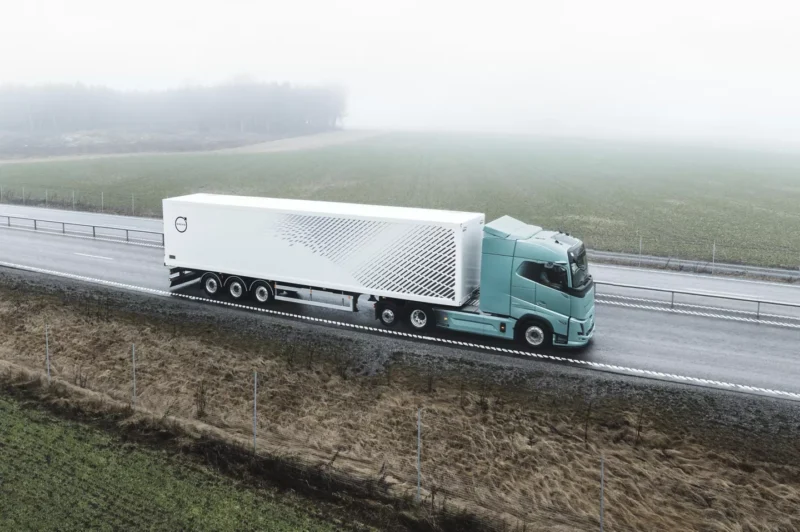
The FH Aero Electric holds eight batteries, and uses new e-axle technology for extra power. It aims to help make transport better in the EU with less CO2 emissions. Orders for this model begin in 2026.
Strong charging networks are key. Milence plans 284 superchargers at 71 places, while GIREVE noted €15 billion investment by 2035. E.ON confirmed EU help for 430 more charging sites.
This breakthrough electric truck relies on powerful batteries and a growing charging network. Combining Volvo’s innovative truck with new stations could make cleaner, long-distance freight possible. The future of transport looks greener.
For the complete story and full context, please refer to the original article from thedriven.io.
